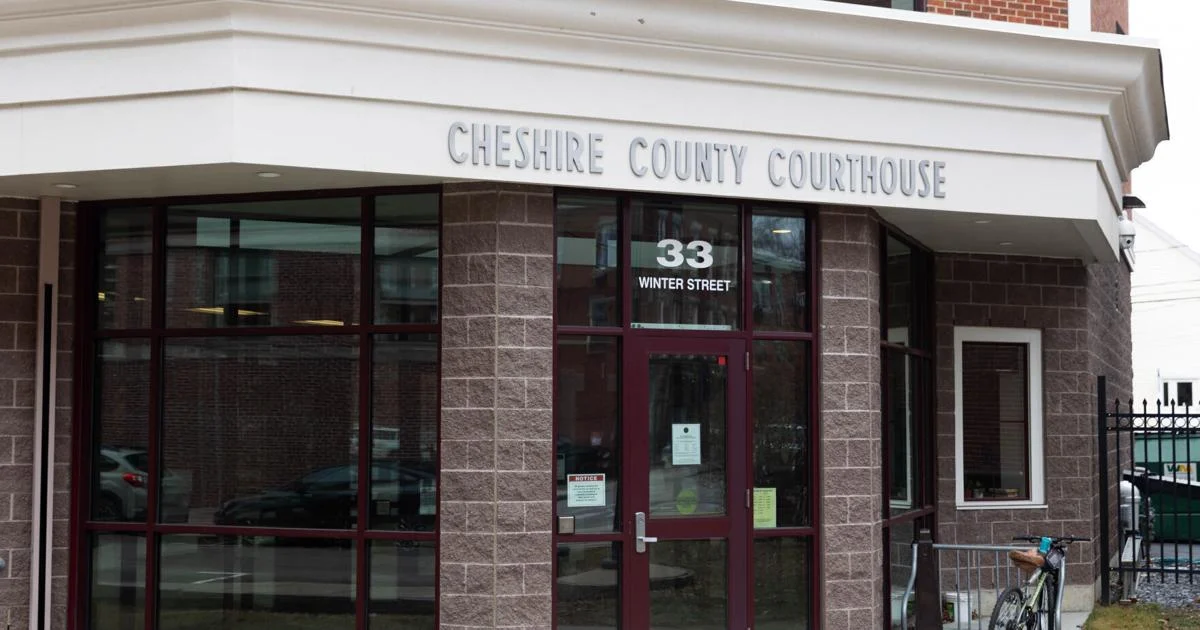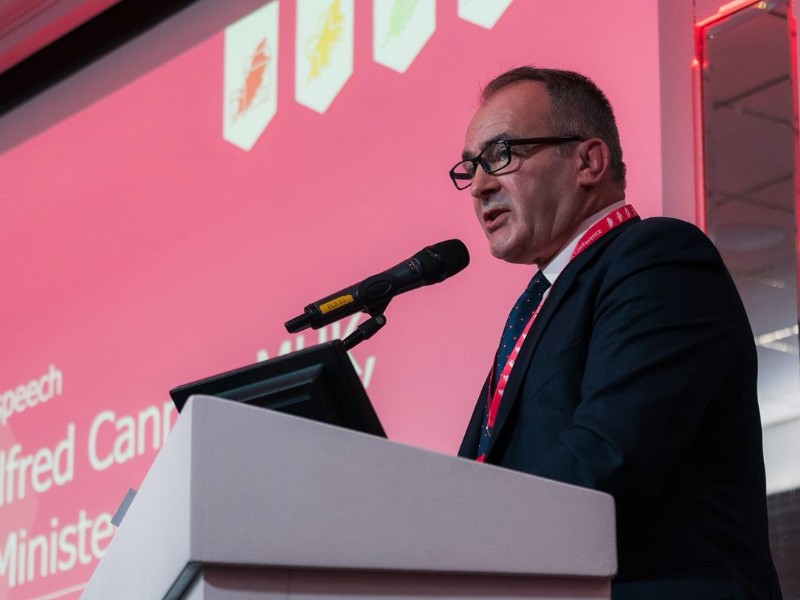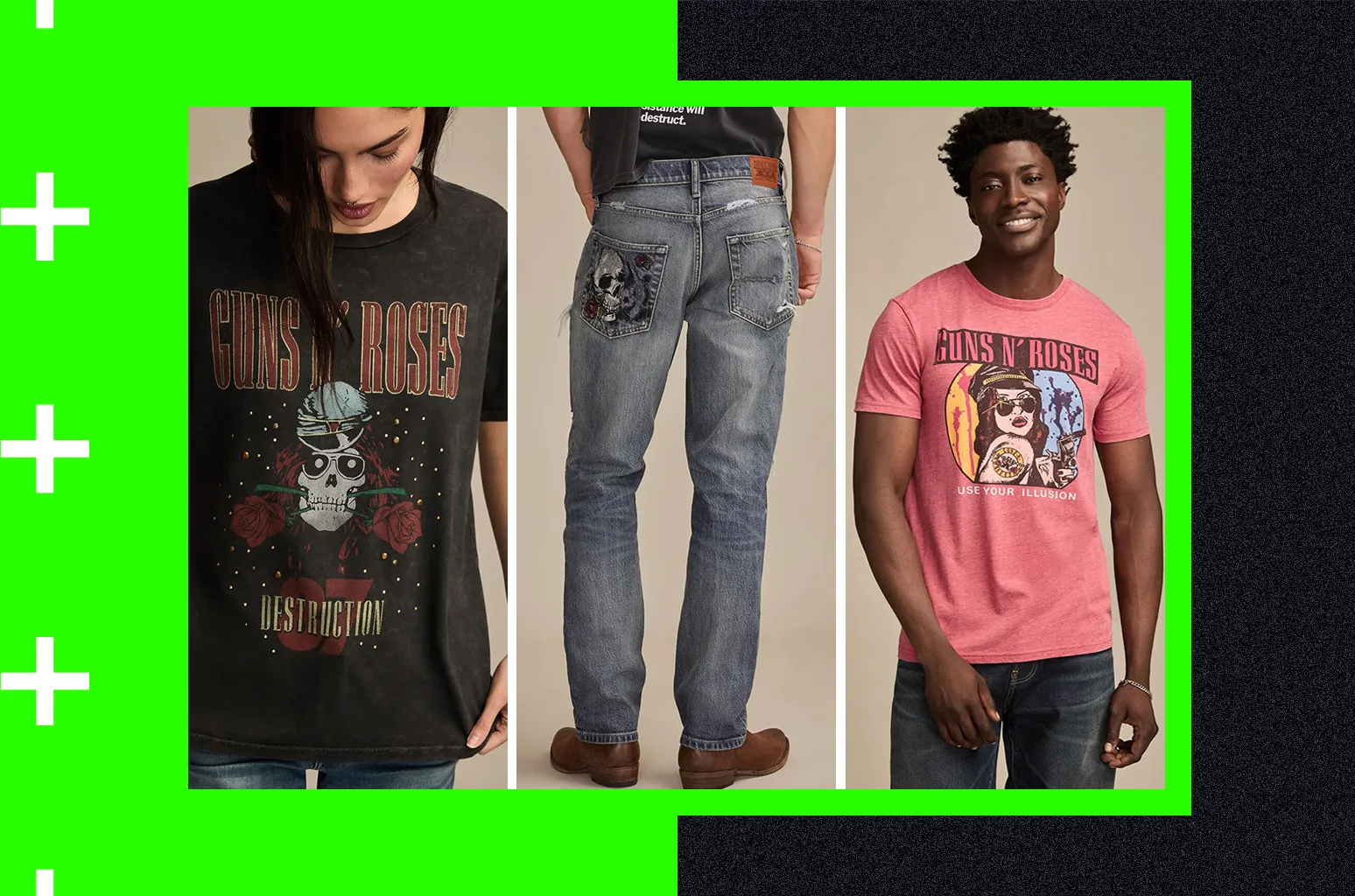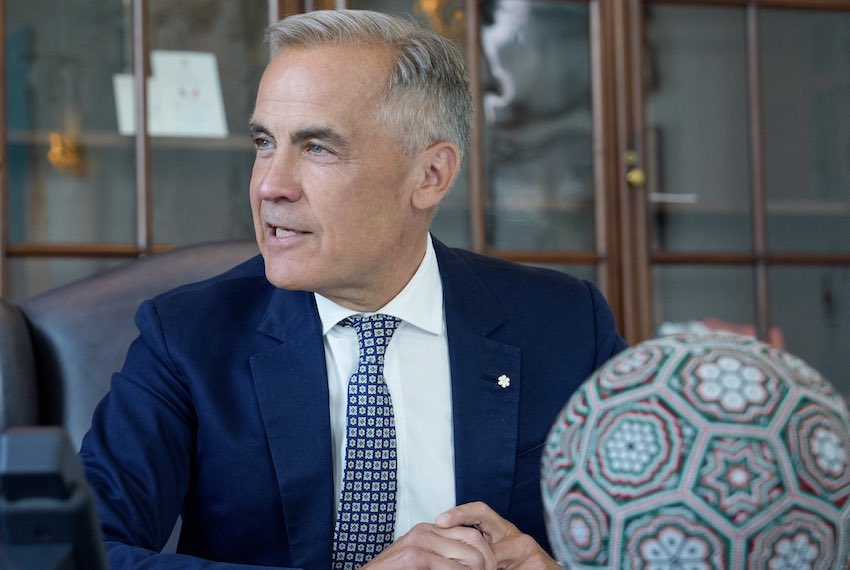By Abigail Ham
Copyright keenesentinel

Depending who you ask, it’s either about a David trying to hold a bullying Goliath accountable, or it’s a dramatic big-fish story at odds with the truth.
In a courtroom in Keene on Friday, a jury was asked to decide whether Jared Goodell could be held liable for fraud and emotional distress in a yearslong dispute with Brandie Wells Roof.
Goodell founded and sold the Wonder Casino in Keene and Bender’s Bar and Grill in Keene. He also owns properties throughout the city. Roof is the owner of Shadow and Soul Emporium & Tea Lounge on Main Street in Keene.
The case returned to Cheshire County Superior Court this week after the N.H. Supreme Court overruled the conclusion of a previous trial.
After several hours of deliberation Friday afternoon, Judge Anne Edwards moved to close it for the day. The jury was asked to return Monday to continue trying to reach a verdict.
Seven years of backstory
The case revolves around three claims: Roof alleges Goodell fraudulently registered two trade names she had been using and claims he caused her emotional harm, both negligently and intentionally.
He filed the trade names Keene Intuition and Soul Emporium, which had been linked to Roof in a Sentinel article, with the N.H. Secretary of State in August 2018, and then, Roof said in her complaint, asked her for money for them.
When she told another business owner what he had done, he sued her for defamation.
Roof countersued with the claims that are now before a jury.
The case originally came before a jury in Cheshire County in 2023. In that trial, a jury decided Goodell wasn’t liable on Roof’s claims. However, the jury determined Goodell’s conduct was “wanton, malicious or oppressive” and awarded Roof $75,000 in enhanced compensatory damages.
However, since the jury had not found Goodell liable on any of Roof’s claims, a judge decided to set aside those damages and sided with Goodell.
Roof appealed the court’s judgment, sending the case to the state Supreme Court in Concord. In February, the Supreme Court ruled in Roof’s favor, sending the case back to Keene for another trial.
Closing arguments
In closing arguments Friday, Goodell, representing himself, repeated his emphasis from earlier in the week on facts over stories.
“Where there is conflict between a dramatic story and cold, hard documents, common sense tells you to believe the documents,” he told the jury.
Goodell argued it was Roof’s own choices, not his actions, that led to any alleged harm.
She could have filed for her own business names, or accepted his offers to settle the dispute out of court, he argued.
Goodell also said Roof hadn’t fully pursued recommendations by medical providers to treat mental and physical health issues she attributed to distress associated with the case.
“The law does not allow a party to turn their own business and medical choices into someone else’s liability,” he said.
There was no fraud, and no damages, Goodell said. He acknowledged that what he did makes him appear unsympathetic in court, but encouraged the jury to focus on objectivity and the claims in question.
“When you go back into that room, you might think to yourself ‘That Jared guy made a dick move.’ But that’s not what you’re here to decide,” he said.
Roof’s attorney, Jeremy Eggleton, argued Goodell did commit fraud and intentionally caused harm to his client.
Legally, fraud includes lying as well as showing disregard for the truth.
In court earlier in the week, Goodell admitted he was not doing business under the trade names Keene Intuition and Soul Emporium when he registered them in August 2018.
He argued he did not make any false statements to the Secretary of State.
Eggleton showed the jury a certification that the Secretary of State provides to business owners when they register a name. The document certifies that the holder is doing business under the name at the address provided.
Goodell wasn’t doing that, and intentionally misled the Secretary of State by letting the office believe he was, Eggleton said.
“If this isn’t fraud, what would be?” he said.
As for emotional distress, Eggleton argued Goodell’s actions throughout the dispute were “intentional, malicious, wanton and oppressive.”
From taking the trade names to his attorney sending “intimidating” emails, as well as Goodell suing for defamation, Goodell acted with the intention of harming Roof and achieved that, Eggleton said.
Goodell’s actions were “extreme and outrageous” and showed at best disregard and at worst intention of causing her harm, he argued.
“She was his plaything since August 28, 2018,” he said.
Roof’s legal team argued Goodell took her to court initially not because he actually thought she had defamed him, but to cause her financial loss and emotional harm.
During this week’s trial, another local business owner testified that Goodell had told her he intended to “bury” Roof in legal fees.
She ultimately paid about $450,000 in legal costs, Eggleton said.
Goodell dropped the defamation claim shortly before the case was set to go to trial.
The damage continued, Eggleton argued. The trade name issue cost Roof money and confused potential customers, he said. She was denied a loan because she was a defendant in the defamation case, he added.
Additionally, Eggleton argued letters sent by Goodell’s attorney at the time, Joseph Hoppock, were intended to intimidate Roof and failed to state a specific claim.
Hoppock was sanctioned by the N.H. Supreme Court Professional Conduct Committee over his conduct toward Roof. The committee found he had intentionally intimidated Roof in written correspondence and ordered a six-month suspension from practicing law.
The records do not refer to Roof as the recipient of the emails or Goodell as Hoppock’s client by name, but the same emails were quoted in court Monday by Roof’s attorney.
Hoppock was not reachable throughout the week for comment. His office line is no longer in service and a phone number listed for him in an online telephone directory did not work.
Roof alleges Goodell’s behavior led to her developing physical and mental health symptoms. On top of that, Eggleton argued in court Friday that Goodell and his legal team inappropriately communicated with the medical providers who would be testifying to Roof’s symptoms in an attempt to undermine that part of her case.
Eggleton encouraged the jury to consider adding enhanced compensatory damages to make Roof “whole” even if they found only a small amount of financial liability on the claims.
Although, as Goodell pointed out, her revenue grew during the years of the dispute, she posted losses each year, Eggleton said. The growth in revenue was “despite” Goodell’s actions, he said.
“Brandie Roof stood up to a bully. We’re asking you to hold him accountable,” Eggleton said.
Roof’s legal team argued they’ve made the case for at least $625,000 in liability.



